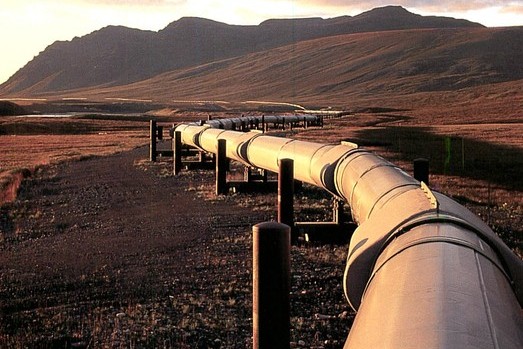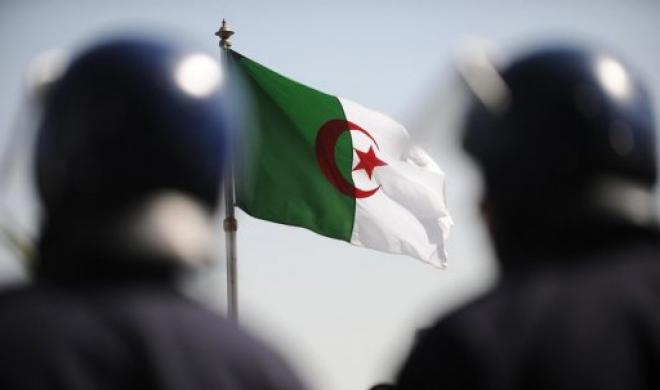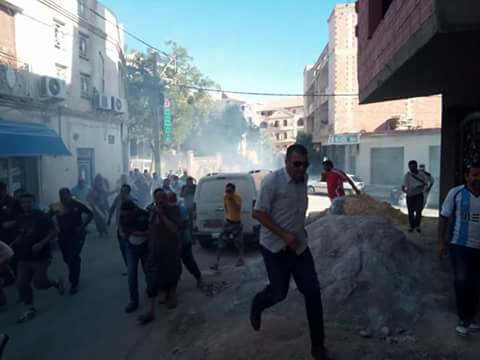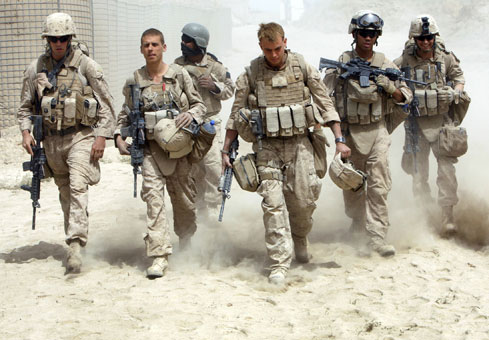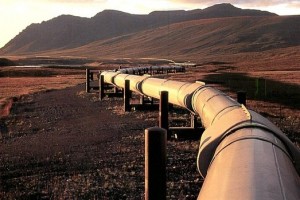 A trans-Saharan pipeline that will convey gas from oil fields in Nigeria to Spain on the Mediterranean coast through Niger and Algeria is scheduled to be operational by 2015 if the project succeeds to overcome all the obstacles on its long way.
A trans-Saharan pipeline that will convey gas from oil fields in Nigeria to Spain on the Mediterranean coast through Niger and Algeria is scheduled to be operational by 2015 if the project succeeds to overcome all the obstacles on its long way.
According to estimates, the 4128 km long pipeline is to convey to the European market between 20 and 30 billion m3 of natural gas per year as of 2015.
The intergovernmental agreement on the pipeline was signed by energy ministers of Nigeria, Niger and Algeria in July 2009 in Abuja. The pipeline is to be built and operated in partnership between the Nigerian National Petroleum Corporation (NNPC), the Algerian national oil and gas company Sonatrach, and the Government of Niger. Initially NNPC and Sonatrach would hold a total 90 percent of shares, while Niger would hold 10 percent.
The pipeline will start in the Warri region in Nigeria and run 1,037 kilometres north through Niger where a 841 km long portion will reach Hassi R’Mel in Algeria. In Hassi R’Mel the pipeline will connect to the existing Trans-Mediterranean, Maghreb–Europe, Medgaz and Galsi pipelines. These supply Europe from the gas transmission hubs at El Kala and Beni Saf on Algeria’s Mediterranean coast.
The trans-Saharan pipeline mega project (TSGP) is however facing up some difficulties, the first being the huge investment required that is estimated at between $ 10 and over $ 13 billion, depending on the pipeline diameter. It will cost $ 10 billion with a 48 cm diameter and $13.7 billion with a 58 cm diameter. The gas gathering centers will cost around $3 billion.
On the other hand, the pipeline project is opposed by the Nigerian militant group Movement for the Emancipation of the Niger Delta. The movement has repeatedly warned that until issues regarding the exploitation of the Niger Delta and its people have been resolved, “any money put into the project will go down the drain.”
Also, some experts question the profitability of the project, even though a feasibility study conducted by British consulting office, Penspen / IPA, described the project as technically and economically feasible and as profitable. Other analysts argue that the quantities to be supplied by the pipeline will exceed the European market’s needs, while some European officials and distributors assure that by the time Nigerian gas reaches European shores, Europe’s production will be starting to decline whereas its annual demand will be increasing. The project supporters also see the project as an opportunity to diversify the European Union’s gas supplies and argue that the Niger Delta is less remote from major consumption centers in Europe than are the Russian gas fields in Siberia.
Several gas companies, including Russian Gazprom, Indian GAIL, France’s Total S.A., Italy’s Eni SpA and Royal Dutch Shell have expressed interest in participating in the project but the major partners have not welcomed the idea.
An underwater pipeline directly linking Algeria to Spain has already been operational since April 2011. The 210 km long and more than 2,000 m deep pipeline can convey up to 8 billion m3 annually of natural gas from Beni Saf on the Algerian coast, to the Port of Almeria, in south-eastern Spain. This pipeline will be linked to the trans-Saharan pipeline.
